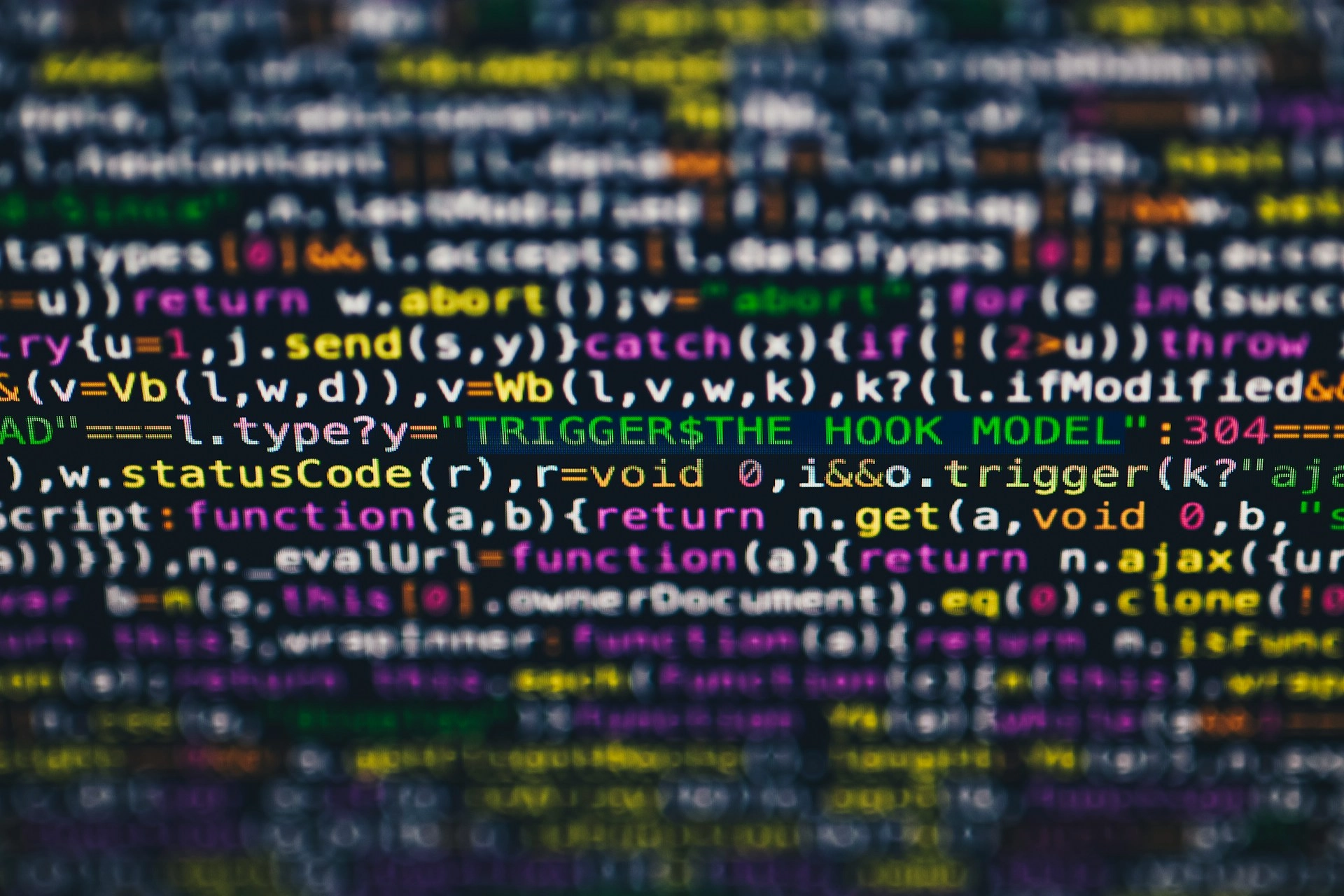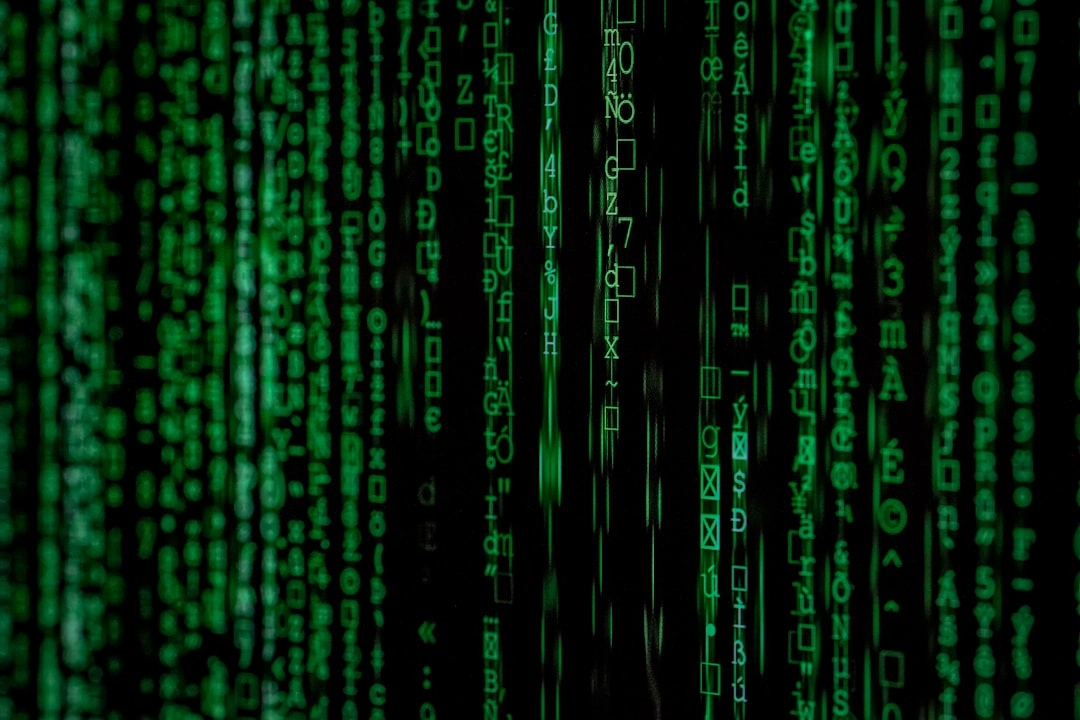In a nutshell:
- Machine unlearning is gaining traction in AI systems for data privacy and compliance.
- Data removal requests disrupt model learning and accuracy in AI systems.
- Ethical and legal challenges arise in handling data removal requests.
- Machine unlearning techniques are crucial for selectively removing data points.
- Machine unlearning is essential for maintaining data privacy, fairness, and compliance in AI systems.
Just when we all thought we understood machine learning, it's time to master a new concept: machine unlearning.
Machine learning — teaching machines to recognize patterns in historical data and then make predictions about outcomes when provided new data — is now a familiar topic for most folks in the data world. But what happens when a machine needs to selectively forget what they've been taught?
In this scenario, artificial intelligence models can erase specific data points or examples from their training, effectively "unlearning" certain information on demand. This may sound like a far-fetched concept, but this practice is now known as machine unlearning. It's poised to revolutionize the way we think about data privacy, model updates, and the ethical implications of AI. With the growing focus on artificial intelligence by data analysts and data scientists, machine unlearning is gaining significant traction.
Understanding how to handle data removal requests and selectively "unlearn" specific data points from trained models is becoming increasingly important for data privacy, fairness, and compliance in AI systems. The rise of machine unlearning offers exciting new possibilities for the ethical and responsible use of AI in your business.
By exploring this technology and understanding its implications for data privacy and model fairness, data analysts and data scientists can ensure sensitive data is handled ethically, paving the way for successful AI implementation.
Understanding Data Removal Requests
Data removal requests have far-reaching implications for AI systems and raise significant legal and ethical concerns for data analysts and data scientists.
Implications of Data Removal Requests in AI Systems
With the surge in data protection regulations worldwide, data subjects, who are individuals whose personal data is processed, now have the right to request the removal of their data from databases. This action of erasure, or the right to be forgotten, has significant implications for AI systems.
First and foremost, it disrupts the model's learning process. Traditional machine learning models cannot accommodate the removal of specific data points once they have been trained. A request for data removal implies that the model may have to be retrained from scratch, consuming considerable computational resources and time.
It also impacts the model's accuracy. The removal of data points can lead to diminished model performance, especially if the erased data holds significant predictive power. Therefore, navigating data removal requests is a delicate balancing act for AI systems — honoring user privacy rights while maintaining model efficiency and accuracy.
Legal and Ethical Considerations for Data Analysts and Data Scientists
Data removal requests pose both legal and ethical challenges. Legally, data controllers are obligated to honor such requests under regulations like the General Data Protection Regulation (GDPR) in European Union law. Failing to comply can result in severe penalties, including substantial fines.
From an ethical perspective, respecting the data subject's autonomy and privacy is paramount. Data analysts and data scientists are responsible for ensuring that personal data is handled with care and removed promptly and completely when requested. The challenge lies in fulfilling this ethical obligation while ensuring that AI systems continue to perform effectively after the data is removed.
Techniques for Machine Unlearning
Understanding the methods and techniques used to effectively “unlearn” specific data points from trained models is crucial. Unlearning specific data points also involves many ethical considerations.
Selective Data Point Removal from Trained Models
The traditional model of machine learning doesn't easily accommodate removing specific data points once it has been trained. This is where the concept of machine unlearning comes into play.
Machine unlearning is the process of selectively removing certain data points from a trained machine-learning model without needing to retrain the entire model from scratch. One technique used for this is creating a “forgetting algorithm” that can effectively wipe out any knowledge of the selected data points. This algorithm works by reducing the influence of the removed data point on the model without significantly impacting the original model's performance and predictive power.
However, this method is not entirely efficient. It requires significant computational resources and may not always ensure the complete removal of the data point's influence. Therefore, people continue to research more effective and efficient methods of machine unlearning.
Ethical Considerations in Unlearning Specific Data Points
Dealing with personal data comes with a high level of ethical responsibility for data scientists and analysts. They must ensure individual privacy rights are respected while minimizing the potential for data removal to degrade AI system performance.
When unlearning specific data points, data scientists must ensure that the removal process is thorough and complete. Partial or incomplete removal could potentially lead to privacy breaches, which would violate the ethical guidelines of data handling.
Machine unlearning requires a careful balance between maintaining the efficiency and accuracy of the AI system while acknowledging and respecting individuals' privacy rights. It is a complex task that requires both technical know-how and an understanding of ethical responsibilities. The hope is that, as technology and understanding of AI and machine learning continue to advance, so too will the tactics used in machine unlearning.
Maintaining Data Privacy and Fairness
As the narrative of data privacy continues to evolve, machine unlearning is emerging as a critical tool to balance data usage with privacy rights. By focusing on maintaining data privacy and fairness, AI systems can build a more trustworthy relationship with data subjects.
The Importance of Machine Unlearning in Data Privacy
Machine unlearning plays a significant role in data privacy. It provides a mechanism to fulfill the data subject's rights to erasure and aids in maintaining privacy by ensuring that no traces of the removed data remain in the system.
By using machine unlearning, organizations can delete specific data points without retraining the entire model. This protects data subjects' privacy while conserving computational resources and time. More importantly, it builds trust and transparency, establishing a positive image of the organization in the eyes of the public.
Ensuring Fairness and Compliance in AI Systems
Beyond the mandate to protect data privacy, there's a growing recognition of the importance of fairness in AI systems. With access to vast amounts of personal data, AI can inadvertently reinforce existing biases or create new ones. Machine unlearning has emerged as a potentially powerful tool to tackle these challenges.
Machine unlearning can help eliminate biases in AI models by removing biased data points. This can lead to fairer and more trustworthy AI systems. However, ensuring fairness is a complex task because it requires identifying and removing biased data points without compromising the overall performance of the AI system.
Machine unlearning can also help organizations comply with data protection laws. As discussed previously, regulations like GDPR mandate data removal upon request. Organizations can swiftly respond to these requests by implementing effective machine unlearning techniques, ensuring compliance, and avoiding potential penalties.
Machine unlearning is a dynamic field that combines technological expertise with ethical responsibility. Balancing data privacy, fairness, and compliance is a challenging task that requires a thoughtful approach. However, as our understanding of AI evolves, machine unlearning is quickly becoming an essential tool in the data scientist's kit. It not only offers a solution to the privacy challenges posed by AI but also paves the path for more fair and ethical AI systems.
-

- Photo by Markus Spiske on Unsplash
Future Implications and Considerations
As the concept of machine unlearning continues to grow and develop, it brings with it a host of future implications and considerations. It heightens the need to confront ethical and legal challenges head-on while implementing machine unlearning in an ever-evolving landscape.
The Evolving Landscape of Machine Unlearning
The field of machine unlearning is in its infancy, but it is already making waves in the world of data privacy and artificial intelligence. Its potential to navigate the delicate balance between user privacy and model efficiency has made it a hot topic of discussion and study.
Machine unlearning is expected to evolve and expand significantly in the coming years. Advanced forgetting algorithms and more efficient retraining models will likely emerge. As AI systems become more sophisticated, the demand for machine unlearning will only amplify.
However, this evolution will also bring new challenges and questions. For instance, how can the process of unlearning be made more efficient and less resource-intensive? How can AI systems reliably forget specific data points while maintaining the integrity and performance of the model? These are all questions that researchers and data scientists will strive to answer as machine unlearning evolves.
Ethical and Legal Challenges in Implementing Machine Unlearning
Machine unlearning also presents a host of ethical and legal challenges. On the ethical front, implementing machine unlearning raises questions about the potential misuse of data and the difficulties of thoroughly removing data points. The right to privacy must be carefully weighed against the benefits of machine learning for businesses and society at large.
Legally, data protection regulations are becoming more stringent and widespread. As a result, organizations will need to ensure their machine unlearning practices are compliant with these laws to avoid hefty penalties.
The legal landscape itself is also likely to change. As the concept of machine unlearning gains recognition, new laws and regulations specifically addressing it may be enacted. Organizations will need to stay abreast of these changes to ensure their practices remain compliant.
Machine unlearning is a burgeoning field brimming with promise for data privacy and fairness. Yet, significant challenges lie ahead, demanding responsible navigation. As this area flourishes, data analysts and scientists must prioritize ethical considerations. Adaptability will be key in a constantly evolving regulatory landscape. By embracing these principles, AI systems can achieve both robust performance and respect for user privacy.
Bottom Line
The rise of machine unlearning underscores the importance of ethical and legal considerations in the field of artificial intelligence. As data analysts and data scientists, we have a dual obligation—to push the boundaries of what AI systems can achieve while also respecting and protecting the privacy of individuals whose data we process.
As we forge ahead in this relatively new terrain, we need a deep understanding of data removal requests. How these requests are handled and how specific data points are "unlearned" from trained models pose both technical and ethical challenges. This is a complex undertaking, requiring both technical acumen and ethical sensitivity.
But the challenge doesn't end there. With the advent of stringent data protection regulations, we must also ensure that AI systems are compliant and fair. The machine unlearning process must be robust enough to protect people's privacy rights but flexible enough not to compromise the performance and integrity of the AI system.
Looking ahead, the landscape of machine unlearning is expected to evolve significantly. Experts foresee the development of more advanced forgetting algorithms and efficient retraining methods. The demand for machine unlearning will almost certainly increase, and with it, the challenges and questions we must face.
Implementing machine learning will undoubtedly present ethical and legal challenges. Balancing the right to privacy with machine learning's benefits for businesses will be a critical issue. As data protection regulations become more stringent, organizations must maintain compliance to avoid hefty penalties.
As the field of machine unlearning continues to grow and evolve, its importance for data analysts and data scientists cannot be overstated. It's not just about staying at the cutting edge of artificial intelligence technology—it's about prioritizing ethical considerations and being prepared to respond swiftly and responsibly to changing legal landscapes. By doing so, we can ensure that the AI systems we develop respect privacy rights, maintain robust performance, and comply with all necessary regulations. The future of AI is bright, and responsible development hinges on our ability to harness the power of machine unlearning.
Want to try out Pecan's approach to machine learning? Start a free trial now, or get a guided tour.





